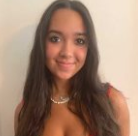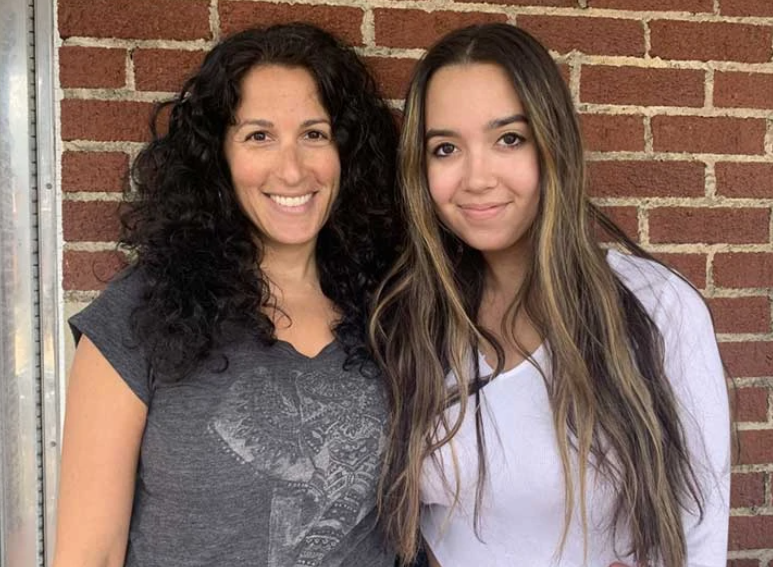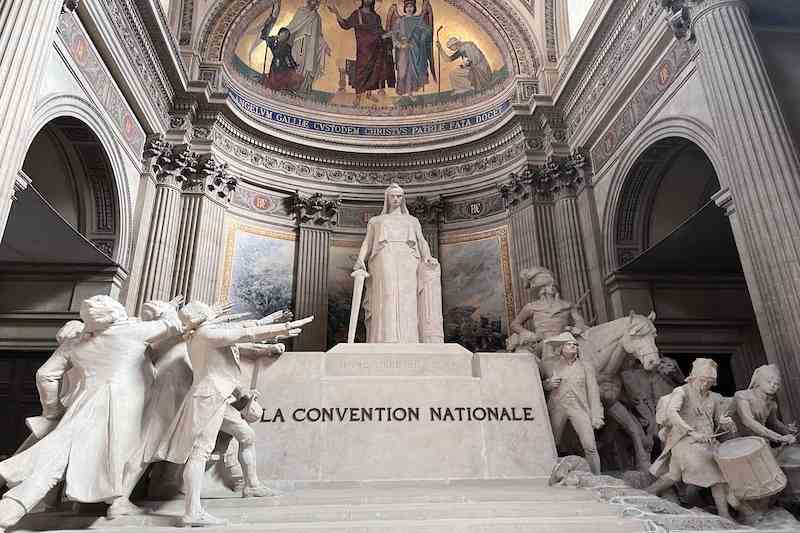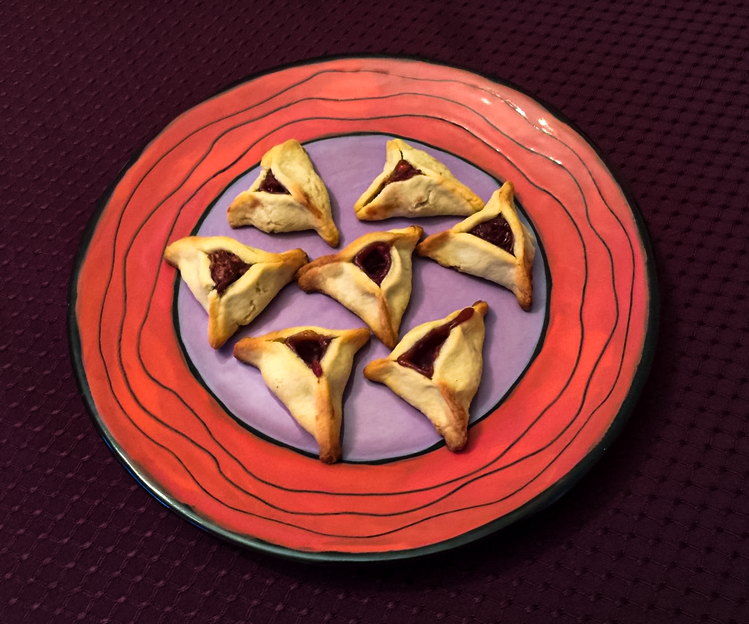Listen to an excerpt of Naomi and Rona’s conversation:
Have you ever felt empowered by Judaism? Have you felt that you weren’t heard because of Judaism?
Naomi: I feel very empowered by my Judaism, rooted in my knowledge of the Jewish people’s history. I went to Jewish day school until eighth grade, where I studied Jewish, Israeli and Holocaust history, and also got to study at Alexander Muss High School in Israel for two months.
I think that when I’ve felt unheard, it’s in Jewish spaces, where I feel like my Judaism can be dismissed because I don’t outwardly look Jewish. I look mostly like my father, who is half Korean and half Caucasian (and who is not Jewish). I present as multiracial, which I think much of American Jewry is not used to. Even though I am halachically Jewish, because my mother is Jewish, since my “half Jewishness” is very apparent—because of my lack of “full whiteness”—it can undermine my Judaism in Jewish spaces.
Rona: Of all the parts of my identity, the single most empowering part is my Judaism. I know that through my entire life, anytime I have felt challenged, or questioned my ability to deal with a situation, or make it through something difficult, I immediately kind of call on the power of Jewish ancestors. Jews today come from people who fled from Spain during the Inquisition and people who resettled in different parts of Europe. People who have survived pogroms and people who have escaped the Nazis. People who found refuge in Israel and continued to fight for their right to exist in a land surrounded by hostile enemies. So, when I think about the little challenges that I’ve faced in my life, they’re minuscule compared to the experiences of Jewish people who’ve come before me.
What are ways in which we are similar and ways in which we are different?
Rona: I love this question! So, I think we are very similar in ways that I never imagined—that I would have a child who would feel so much like home to me. And I feel so blessed that I have you. I think the way that we process a problem or information is the same, and I think that we perceive things very similarly. For example, when we attended the AIPAC policy conference this year, we had the same favorite speakers and the same critiques of some of the politicians.
When I think about how we are different, I am most aware that I move around in the world with a deep sense of uncertainty. I don’t know if I’ve always been that way or if it’s come to me with age. For example, I hesitate to call someone or something bad. Instead, I make excuses, I’ll explain it away as cultural or difficult life experiences. When I look at you, I know that you move through the world with just as deep a sense, but of certainty. And it’s not an arrogant certainty and it’s not naïve. I find your certainty comforting and morally clear, and I learn from it. You believe what you see and know. You don’t excuse badness or bad people.
Naomi: I also think we are very similar, but I think that our similarities and differences can be illustrated by nature versus nurture. I think that our nature is very similar. For example, once when we were in a movie theater and an alarm sounded, we both immediately jumped up and made our way to the exit. We were the first ones out, while others just stayed in their seats waiting for someone to give them instructions.
Our nurture is very different because I am the you that was raised by you, and you are the you that was raised by Savta. You were raised by an Israeli immigrant to America who was shaped by her experiences as a child of Holocaust survivors and who was raised to be a dutiful daughter, mother and wife. I am being raised by a divorced mom who is a legal scholar and who writes about intersections of gender and law.
Being raised by someone who grew up after many of the dreams of feminism were realized makes for a very different nurture. That being said, we were both raised by mothers who taught us to be independent, bold, strong, wild and free, and who prioritized their mothering over everything else.

What makes you most afraid and what makes you most hopeful in thinking about the future?
Rona: When I think about the future, the thing that I am most afraid of is the evil that I know exists in our world. I used to think evil on a large scale was mostly isolated to moments in history, like the Inquisition and Holocaust. Now, I recognize that evil is pervasive. It comes in the form of human trafficking, violence perpetrated by drug cartels, domestic violence, abuse of children and even things that seem relatively benign, like corporate greed.
What gives me hope is the possibility that as we move into a world where people who never had power start to gain power, that might change the balance. For example, moms are acquiring economic and political power that may make for a different world. I am hopeful that as they move into positions of power, more will be done to prevent and respond to evils like human trafficking and domestic violence. Because mothers spend so much of their lives nurturing and caring for others, it seems possible that once they have political and economic power, we will see a better world.
Naomi: I have a similar fear. I have opened my eyes to an evil and badness in the world that I didn’t know existed outside of my history books. Like the worldwide, billion-dollar industry of human and sex trafficking. It’s terrifying, but as my eyes have been opened to the evil, I’ve also seen the many people who dedicate their lives to the cause of good: volunteers who go to refugee camps simply to help, people who go when a natural disaster devastates a community. For every bad, evil and injustice, there are organizations and individuals dedicating themselves to repairing and rehabilitating—not for credit or power, but just because they care.







